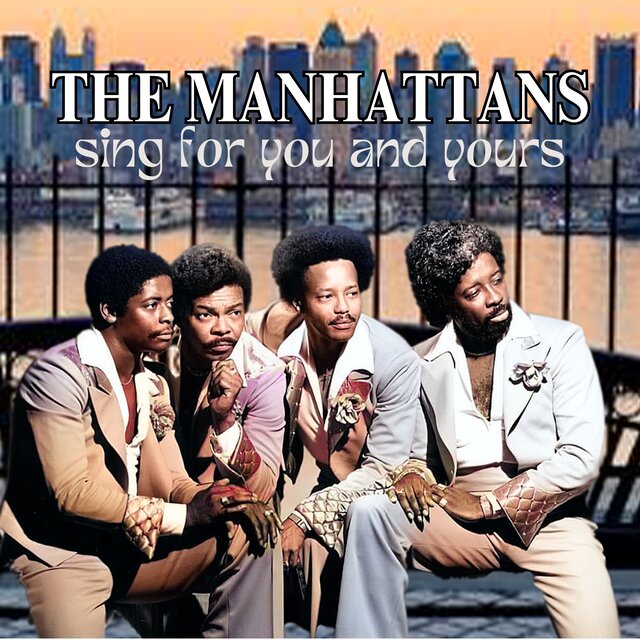“Kiss and Say Goodbye”, a classic track from the legendary American R&B vocal group The Manhattans, made waves across the globe in 1976. Released as part of their album simply titled “The Manhattans,” under Columbia Records, this song didn’t just become a hit — it dominated charts worldwide. Launching into the airwaves in March 1976, it soared to the coveted No. 1 spot in the United States, Belgium, Netherlands, New Zealand, and the European Hot 100 Singles chart. Despite missing the top position on the Adult Contemporary Chart, it asserted its reign on every other Pop and R&B Singles Chart in the U.S., marking it as an unmissable anthem of the 1970s.
The brain behind this masterpiece was none other than Winfred “Blue” Lovett, the bass singer and songwriter in The Manhattans. He didn’t just pen the heartfelt lyrics and melody — Lovett also delivered the iconic spoken introduction that bookends the song’s full-length LP and commercial single versions. Reminiscing on his creative process, Lovett revealed his late-night inspiration:
“Everything was there. I got up about three o’clock in the morning and jotted down the things I wanted to say. I just put the words together on my tape recorder and little piano. I’ve always thought that when you write slow songs, they have to have meaning. In this case, it’s the love triangle situation we’ve all been through. I figured anyone who’s been in love could relate to it. And it seemed to touch home for a lot of folks.”
Surprisingly, Lovett initially imagined this tune as a country ballad, envisioning vocalists like Glen Campbell or Charley Pride delivering it. But fate had another plan — he ultimately brought it to life with The Manhattans. The song’s lead vocals feature the stirring voice of Gerald Alston, who steps in right after Lovett’s spoken intro, weaving deep emotion into every note.
The track’s journey to perfection was anything but smooth. The first demo included the backing band, Little Harlem, but producer and arranger Bobby Martin decided to re-record it with the esteemed MFSB at Sigma Sound Studios in Philadelphia, early in 1975. Yet, the release was held back by Columbia Records for over 14 months, a delay that made Lovett uneasy. Voicing his studio perfectionism, he confessed,
“I was critical, a perfectionist in the studio, and there are still parts of it that make my skin crawl. For example, in one place, the background vocals go off pitch. Somehow, though, that didn’t seem to bother anyone else.”
This complex tale of artistry and timing turned “Kiss and Say Goodbye” into more than just a song — it became a heartfelt anthem echoing through decades, a poignant soundtrack to love’s complicated stories that many have lived through and will continue to feel deeply.
